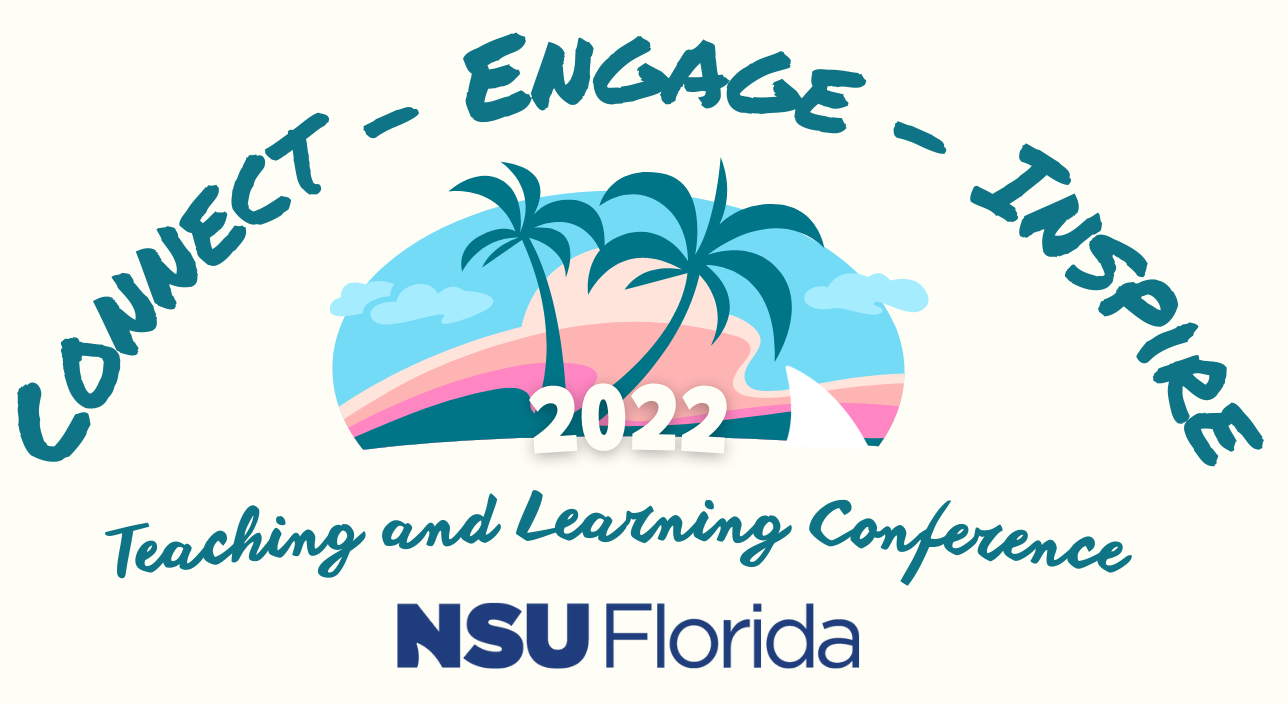Photovoice as a Service-Learning Reflection Tool: An Innovative Approach to Assessing Service-Learning Course Outcomes
Start Date
2-11-2022 2:40 PM
End Date
2-11-2022 3:25 PM
Keywords
Active Learning Strategies, Authentic Assessment, Student Engagement Strategies
Abstract
Service-learning is a long-established, effective approach to instruction. The integration of service-learning in public health classes provides undergraduate and graduate students the opportunity to apply theory-based knowledge to practical applications that increase their learning. The purpose of this session is to explore the use of Photovoice as an assessment tool for service-learning courses. This session is relevant to educators within higher education settings. The following research question guided the study discussed in this presentation: Is Photovoice a feasible and valid approach to assessing the effects of service-learning on master’s level community health students perceived learning gains and self-efficacy for conducting a community health assessment? Eleven Master’s students in the Department of Community Health Behavior and Education comprised the study sample. A concurrent mixed-method research design was used to address the guiding research question. A combination of field notes, student surveys, and Photovoice were used to gather information specific to perceived learning gains and self-efficacy for conducting a community health analysis. The following themes emerged from the individual interviews where students discussed their photographs: Connection to Community Health Analysis, Role, Self, Access, Community, Development, Disconnect, Gentrification, and Neglect. Survey results supported the qualitative findings and suggested significant learning gains. Photovoice emerged as an innovative, reliable, and valid assessment approach for use in graduate classes.
Learning Outcomes:
- Discuss service learning as an approach to engaging students in course material and connecting them to communities.
- Evaluate assessment approaches for service-learning courses.
- Evaluate Photovoice as a method for assessing service-learning courses.
- Discuss the advantages and disadvantages of using Photovoice as a reflection method for service-learning courses.
Photovoice as a Service-Learning Reflection Tool: An Innovative Approach to Assessing Service-Learning Course Outcomes
Room 3: Learning Design and Assessment
Service-learning is a long-established, effective approach to instruction. The integration of service-learning in public health classes provides undergraduate and graduate students the opportunity to apply theory-based knowledge to practical applications that increase their learning. The purpose of this session is to explore the use of Photovoice as an assessment tool for service-learning courses. This session is relevant to educators within higher education settings. The following research question guided the study discussed in this presentation: Is Photovoice a feasible and valid approach to assessing the effects of service-learning on master’s level community health students perceived learning gains and self-efficacy for conducting a community health assessment? Eleven Master’s students in the Department of Community Health Behavior and Education comprised the study sample. A concurrent mixed-method research design was used to address the guiding research question. A combination of field notes, student surveys, and Photovoice were used to gather information specific to perceived learning gains and self-efficacy for conducting a community health analysis. The following themes emerged from the individual interviews where students discussed their photographs: Connection to Community Health Analysis, Role, Self, Access, Community, Development, Disconnect, Gentrification, and Neglect. Survey results supported the qualitative findings and suggested significant learning gains. Photovoice emerged as an innovative, reliable, and valid assessment approach for use in graduate classes.
Learning Outcomes:
- Discuss service learning as an approach to engaging students in course material and connecting them to communities.
- Evaluate assessment approaches for service-learning courses.
- Evaluate Photovoice as a method for assessing service-learning courses.
- Discuss the advantages and disadvantages of using Photovoice as a reflection method for service-learning courses.


